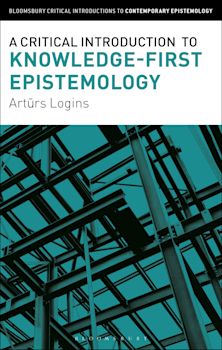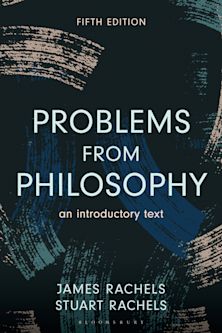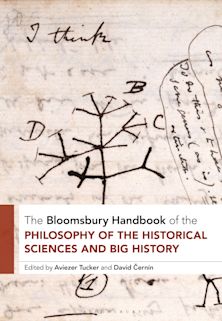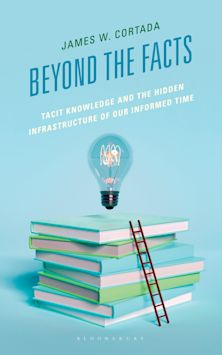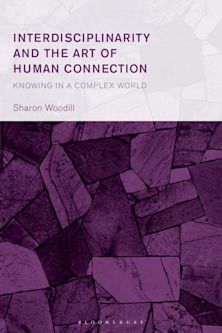Concept Formation in Global Studies
Post-Western Approaches to Critical Human Knowledge
Concept Formation in Global Studies
Post-Western Approaches to Critical Human Knowledge
This product is usually dispatched within 1 week
- Delivery and returns info
-
Free US delivery on orders $35 or over
Description
The book proposes a new epistemological and methodological approach to concept formation across human and natural sciences, beyond Eurocentrism and specism. It elaborates a method enabling global epistemics to cope with multiplex challenges coming from geohistorical as well as epistemological standpoints whose methodological potential remains unexplored. It assumes monstrosity as the generative grammar of a new holistic approach to human knowledge, and draws from postcolonial, decolonial or post-western perspectives to place new methodological cornerstones, as well as from arts, astrology and magic from the Islamic and European Renaissance, indigenous knowledge, genetics, theoretical physics or Afrofuturism.
The book aims at provoking a shift in critical perspectives, which do not acknowledge their own inability to steam an appropriate methodology of terminological and conceptual elaboration for the lexicon of contemporary human knowledge, out of a pressing demand: once agreed upon the world as a single yet multilayered spacetime of analysis, how should research about large-scale/long-term processes of social change advance, in order to cope with the asymmetrical power relations that materialize colonial history through heterarchies of class, gender, race, ethnicity, culture, knowledge, cosmology and ecology?
This book struggles against the prejudice that the instances heterogeneous yet non canonical epistemics are in fact exclusively confined to provincial, exotic or solipsistic particularisms; therefore never as universalistic as the dominant ones. To address this problem, the book proposes: a different way to think of the relation between the abstract and the concrete; a new relation between data or histories, and concepts; an alternative pathway to cross-cultural translation in conceptual and terminological analysis; a new posture to inhabit the spacetimes at the border between translation and untranslatability.
Table of Contents
Chapter 1: The Racial Foundations of Western Epistemology
Chapter 2: Giordano Bruno and the Decolonial Construction of the Renaissance
Chapter 3: Teratologic Concept Formation
Chapter 4: The Global as The Unit of Analysis
Chapter 5: Conceptualization, or, The Operational Language of Theoretical Praxis
Conclusion: Limits And Concerns
Index
About the Author
Product details
| Published | Jun 13 2024 |
|---|---|
| Format | Hardback |
| Edition | 1st |
| Extent | 280 |
| ISBN | 9781538178423 |
| Imprint | Rowman & Littlefield |
| Illustrations | 3 BW Illustrations, 1 Table |
| Dimensions | 9 x 6 inches |
| Series | Global Epistemics |
| Publisher | Bloomsbury Publishing |
Reviews

ONLINE RESOURCES
Bloomsbury Collections
This book is available on Bloomsbury Collections where your library has access.













